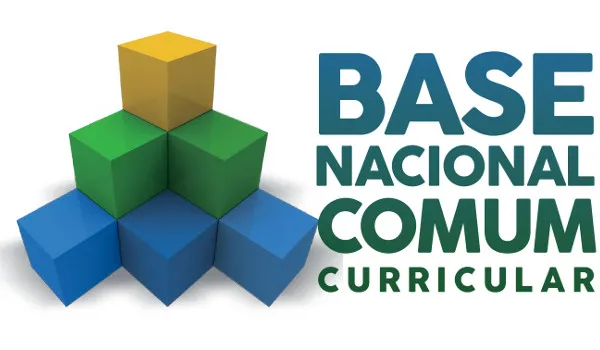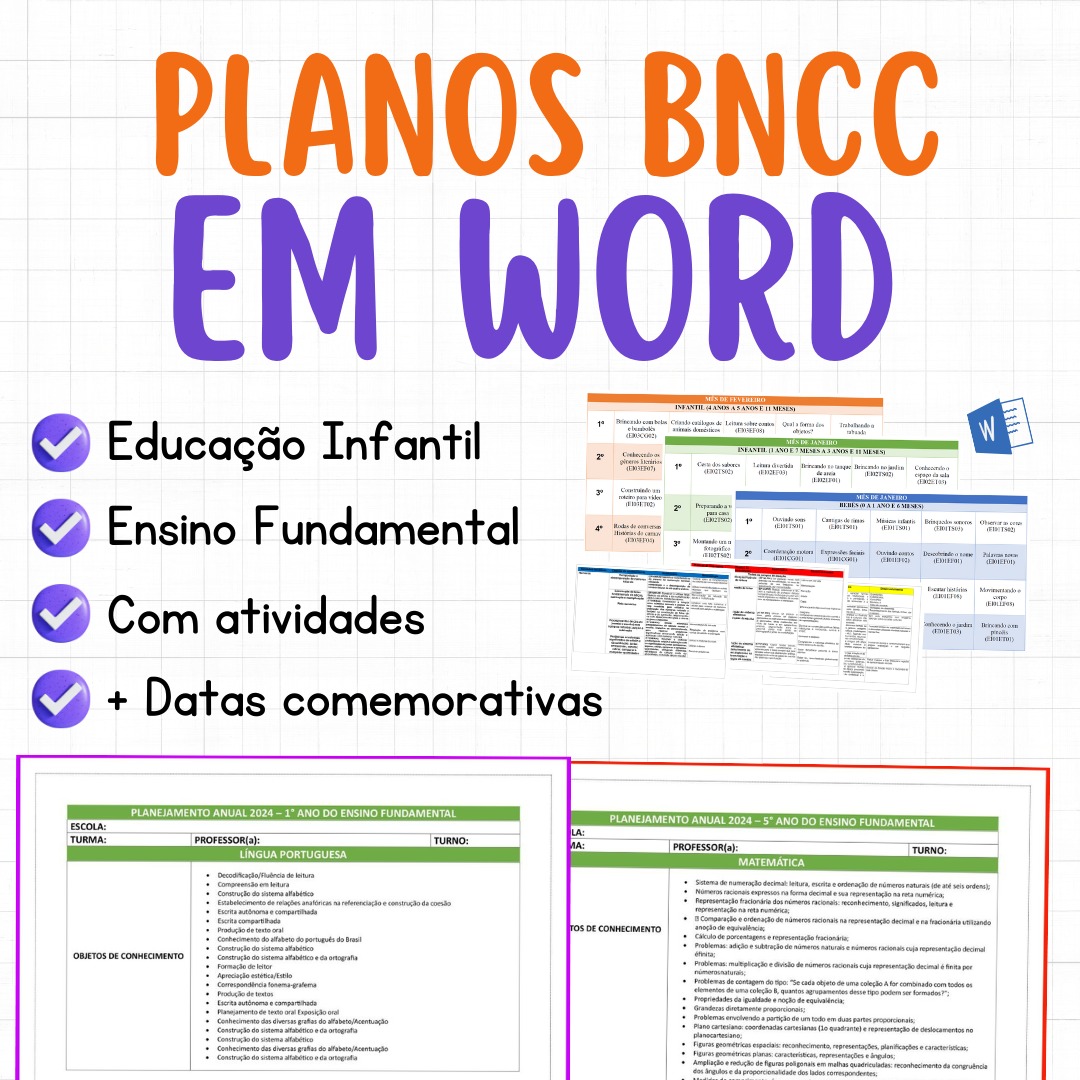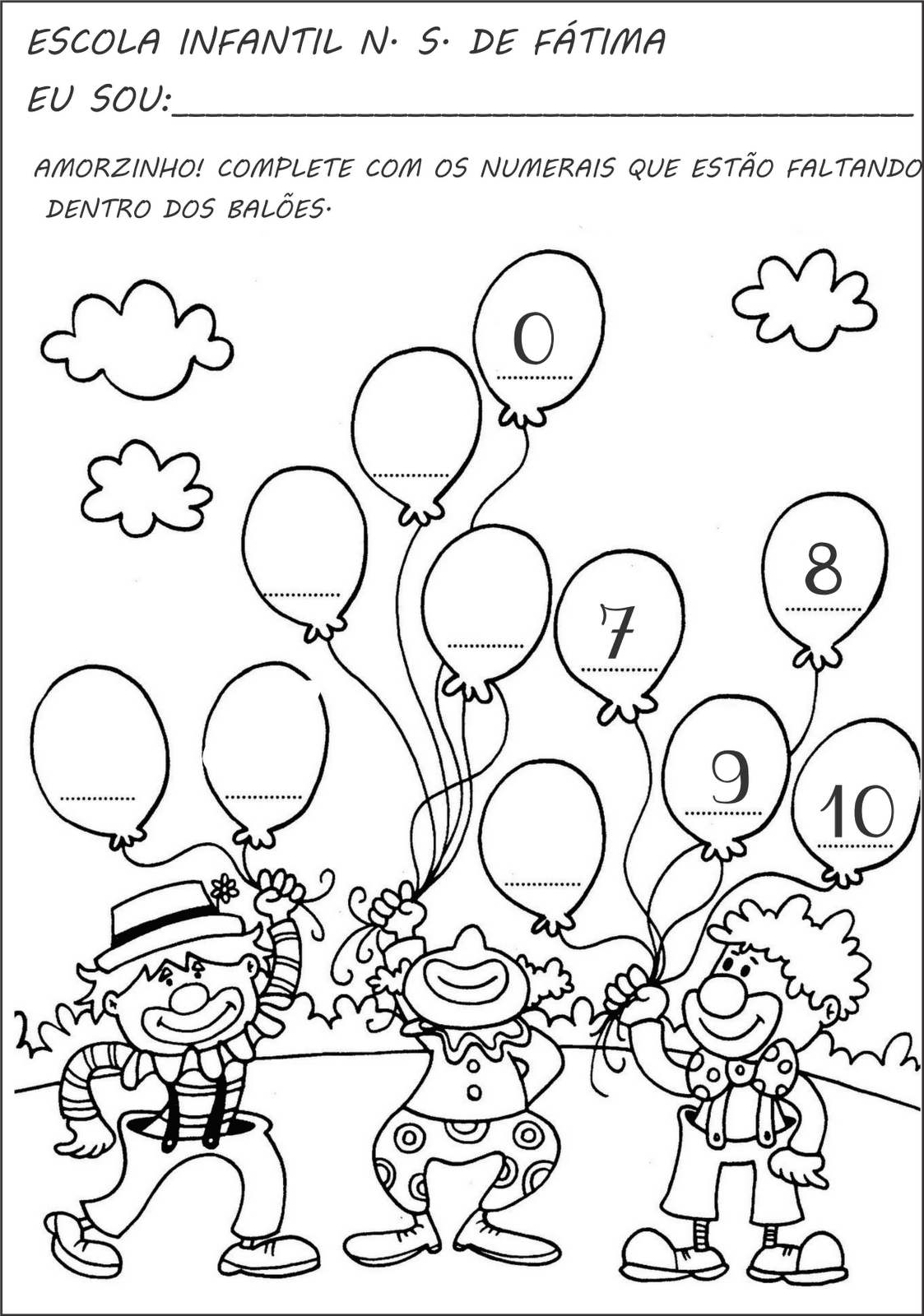Hey guys! In today's post, we will explore a crucial subject for Brazilian education: the National Common Curricular Base, or BNCC. This is an extremely important document that was approved in December 2017, signed by then president Michel Temer. In this article, we will unveil what makes the BNCC so controversial, analyzing its main concepts and guidelines.
What is BNCC?
The BNCC, or National Common Curricular Base, is a document that establishes the foundations for education in Brazil. It is a guide that defines what students should learn throughout their school journey. The BNCC was developed by a group of experts, and is fundamental to the transformation of the educational system in the country.
What does “Common” mean at BNCC?
The term “common” in the BNCC refers to two main concepts. Firstly, it highlights the importance of consensus between the Union, states, municipalities and the Federal District for the implementation of this document. And, secondly, it highlights the idea of alignment or leveling, where all students must develop common skills and abilities, creating a minimum level of knowledge for everyone.
The BNCC as a Pedagogical Guideline
The BNCC is a guide that directs basic education in Brazil, establishing students' rights and learning objectives. However, it also recognizes the importance of respecting regional diversities, allowing the inclusion of local, state and regional knowledge in the curriculum.
Preparation and Experts
The BNCC was created by several education experts. However, the document also highlights the importance of considering that it is not enough to eliminate educational inequalities, but it is the first step to initiating the necessary changes in the Brazilian educational system.
BNCC obligation
The BNCC is a normative and mandatory document for all basic education, covering everything from early childhood education to high school, including education modalities. It is based on the guidelines of the National Education Plan and the Education Guidelines and Bases Law.
BNCC Pedagogical Fundamentals
BNCC has pedagogical foundations that are fundamental to understanding its purpose. It is based on two main pillars: Integral Education and skills development.
Integral Education at BNCC
Integral Education, for BNCC, is not limited to full time at school, but rather the integral development of the student. This implies the creation of educational processes that meet the needs, possibilities and interests of students, considering the challenges of contemporary society.
Skills Development
BNCC emphasizes the importance of developing skills, such as the ability to learn how to learn, deal with information, apply knowledge to solve problems and make decisions with discernment and responsibility. This involves the ability to live and learn from differences and diversities.
Final considerations
BNCC promises an education that prepares students for a complex, demanding and constantly changing world. However, the question that remains is whether the Brazilian educational system has the necessary resources, structure and time to fulfill all the promises made in the document. The BNCC is an important step, but its successful implementation will depend on a number of factors that will be discussed in future articles.





